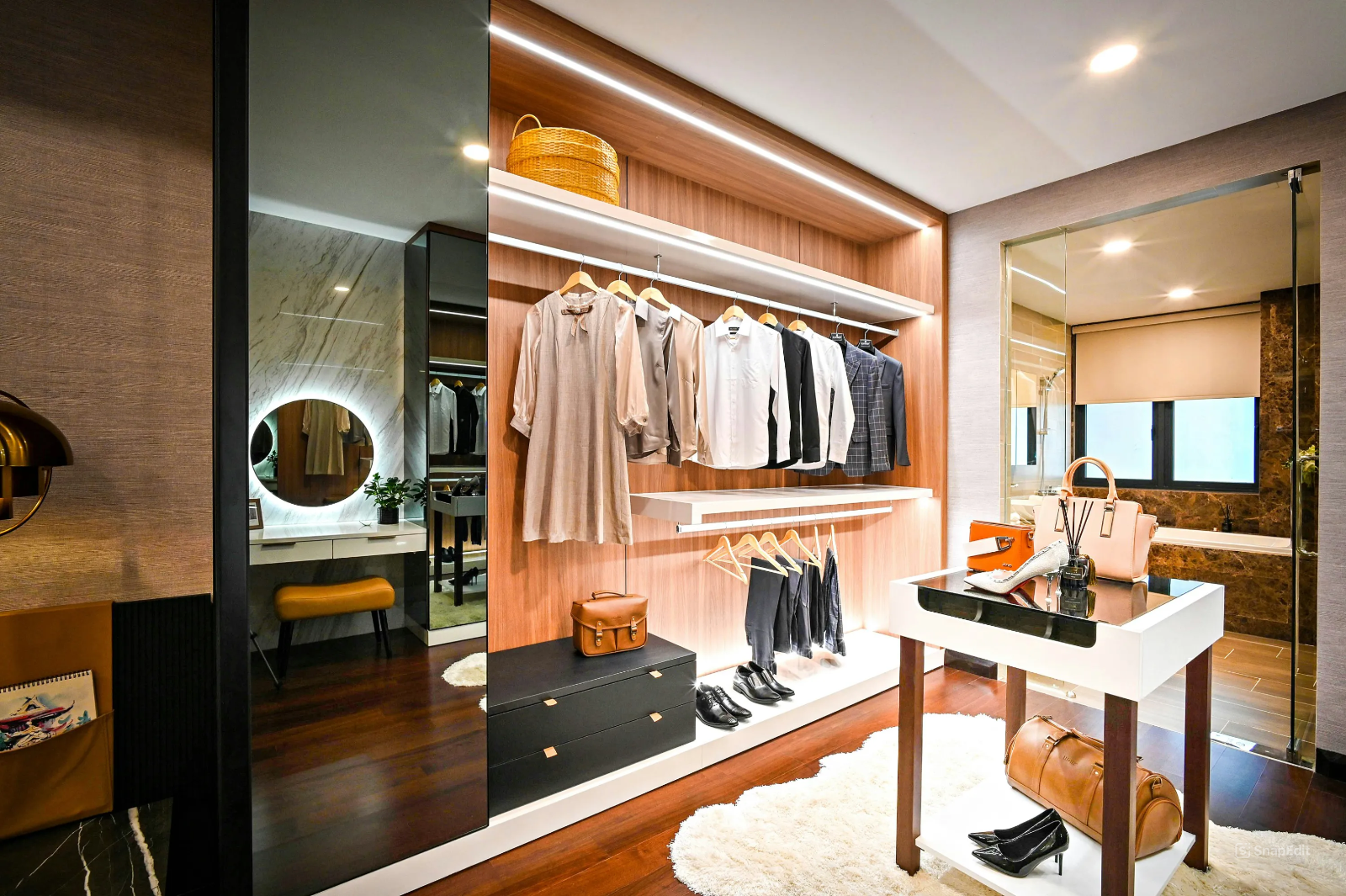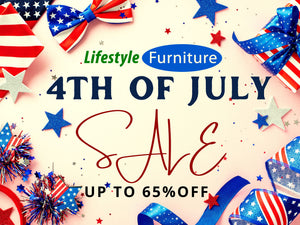
Sliding Door Versus Open Door Wardrobe: Which is the Better Fit for Your Home?
Wardrobes are usually something purchased once for the long-term rather than replaced every few years like a sofa.
Hence, you want to consider all factors relating to your wardrobe options before making an informed decision.
Whether you are seeking to purchase a new wardrobe or refurbish your existing wardrobe, your choice is largely influenced by your preference for your wardrobe doors, be it open or a sliding door wardrobe.
Given the extensive debate on wardrobe door design [open versus sliding door wardrobes], here is a list of benefits and shortcomings associated with each wardrobe type that will help you narrow down your bedroom furniture choice based on convenience, style, usage, available space and so forth.
Benefits and downsides of sliding wardrobes

Sliding door wardrobes are designed to glide horizontally from left to right and vice versa. The doors are secured on metal tracks located at both the upper and lower reaches and opened using rollers on the side. Once opened, the shutter-like closings recede into a slot, without occupying the external space.
The good: Space efficient, ample storage space & stylish design
Space efficient
Because of the sideways sliding mechanism, no extra space is taken up on either side of the wardrobe. This makes sliding doors the ideal choice for confined spaces, such as small inner-city apartments. Moreover, they fit great in walk-in-wardrobes where having multiple hinged doors side-by-side can make the room appear disorganised.
Moreover, if you want to maximise the usable floor space of your room, you may want to consider a built-in wardrobe design with sliding doors.
Ample storage space
Sliding wardrobes allow for a much lengthier wardrobe. They provide abundant space for your clothes, fashion accessories, beauty products, and everything else. With a wardrobe this accommodating, the need for additional storage in other areas of the house is reduced.
Stylish design
Sliding door wardrobes imbue a touch of class and elegance to any space. They can be designed to complement the overall style and color scheme of your room. Additionally, having a mirrored sliding door wardrobe not only saves space but serves a functional purpose, amplifying the entire look and feel of a smaller room by making it appear more spacious.
The downside: Limited view & prone to damage
Limited view
One disadvantage of sliding wardrobes is that the view of the wardrobe is partially restricted even when the doors are completely slide open. This prevents you from seeing everything that is inside, which may affect your ability to pick and choose your daily ensemble.
Prone to damage
Without proper care when opening and closing the wardrobe, it may, over time, come undone from the track. Furthermore, the heft of the doors can also lead them to sag downwards. This can be minimised by gently handling the doors and regularly cleaning and lubricating the sliding tracks for a smoother sliding mechanism.
Benefits and downsides of open-door wardrobes
The traditional choice, open door wardrobes involve a shutter that is attached to the closet using hinges. Also referred to as a swing door, they are conventionally utilised for wardrobes of any shape. This ranges from square, to L-shaped, triangular and even pentagonal corner wardrobes.
The good: Better view, custom-fit to space, more storage options & ease of maintenance
Better view
The number one advantage of open-door wardrobes is that they provide a complete view of the inside contents, compared with a sliding-door wardrobe. This is due to the outward swinging mechanism, essentially allowing you to make efficient and stress-free choices on what to wear each morning.
Custom-fit to space
Open doors are designed to open up at any angle. Consequently, they can be designed to fit numerous wardrobe shapes including L-shaped, triangular and fitted corner wardrobes. They are also available in multi-door options for easier access. Sliding door wardrobes on the contrary usually only come in a standard rectangular shape.
More storage options

Hinged doors give you the option of incorporating additional home storage solutions. This can be done by hanging an over-the-door organiser, installing hooks or mounting a utility rack on the interior surface of the door. These can be used to store bags, belts, clothing and accessories in general. Alternatively, you can hang a full-length mirror.
Ease of maintenance
Open door wardrobes require minimal maintenance. The hinges can be easily tightened or replaced and if you hear a creaking sound, simply oil them. Unlike the track system used for sliding door wardrobes, the hinges are cheaper to purchase and easier to replace.
The downside: Space consuming & destabilised doors
Space consuming
Hinged wardrobe doors tend to swing outwards, occupying significant room space. It is imperative to ensure that the doors do not obstruct the flow of traffic or impede other functions when you swing it open. For this reason, an open-door wardrobe may not be conducive for smaller rooms.
Destabilised doors
Open doors are usually thin and up to 60cm in width. Hence if you are looking to incorporate additional storage onto the back of your hinged doors, do note that they may not withstand the weight of heavy items. You want to ensure that the hinges and frame are robust enough to support the door weight before hanging storage organisers or a mirror.
The best wardrobe fit

Selecting the perfect wardrobe fit for your home can be tough, especially with the numerous advantages and disadvantages that both open and sliding doors come with. To add to your conundrum is the wide range of wardrobe materials, finish, style, purpose and functionality available that you would need to cherry-pick from.
Nevertheless, you want to carefully consider any potential wardrobe investment to ensure your purchase lasts in the long run instead of having to repair or replace the furniture every few years or even months. It is wise to evaluate the overarching pros and cons of each wardrobe choice instead of going with your personal preferences based on certain features that it carries.


